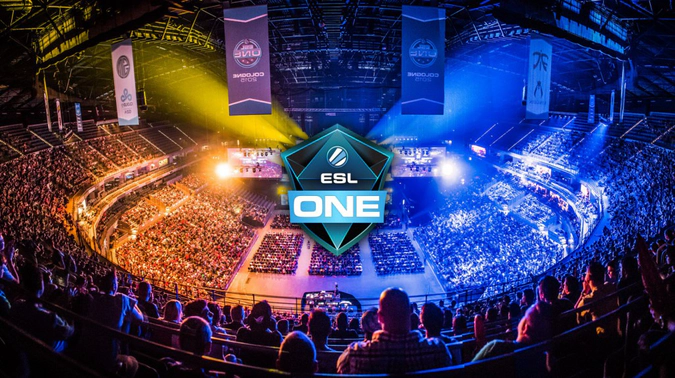Revitalize Your Look with Biondo Hair Design
Explore the latest trends and tips in hair design and care to achieve the perfect look.
Wagers and Warriors: The Unexpected Side of CSGO Pro Tournaments
Uncover the thrill behind CSGO pro tournaments! Discover the wild wagers and untold stories of gamers battling for glory.
The High Stakes of CSGO: Understanding Wagering in Professional Tournaments
The world of CSGO (Counter-Strike: Global Offensive) tournaments has evolved into a high-stakes arena where skill meets strategy, and luck intertwines with decision-making. As cash prizes and popularity of these events surge, so does the interest in wagering on their outcomes. Understanding the dynamics of wagering in professional tournaments is essential for fans and bettors alike. Professional gamers and teams are not just competing for glory, but are also navigating the pressures of expectations and financial backing that come with a rapidly growing esports scene.
One of the critical aspects of wagering in CSGO tournaments is recognizing the factors that influence match outcomes. This includes assessing team performances, player form, and even map selections. Bettors must dive deep into statistics and trends, often correlating past performances with current odds. Moreover, with the rise of online betting platforms, it has become easier than ever for enthusiasts to place wagers, turning the excitement of each match into a potential financial investment. As betting continues to shape the landscape of CSGO competitions, understanding these components is vital for anyone looking to engage with the scene.

Counter-Strike is a popular tactical first-person shooter that has captivated gamers worldwide. Players can choose to be on either the terrorist or counter-terrorist team, with a variety of weapons available, including the kukri knife. The game's strategy relies heavily on teamwork and precise aiming, making it a thrilling experience for both casual and competitive players alike.
Behind the Scenes: How Pressure and Strategy Shape CSGO Warriors
The world of CSGO warriors is as much about mental fortitude as it is about skill. Behind the scenes, players train to master their strategies, adapting to the ever-changing dynamics of the game. Pressure is an inevitable element, especially during high-stakes tournaments where every round counts. Players often find themselves in intense situations, where their ability to maintain composure can make or break a match. This is where strategy comes into play; every decision, from weapon choice to positioning, can tip the scale towards victory. Understanding the psychological aspects of the game enables players to optimize their performance under duress.
Furthermore, successful teams often employ a variety of tactics that are the result of meticulous planning and collaboration. Many top-tier teams analyze their opponents through scrims (practice matches) and detailed statistics, allowing them to develop game plans that exploit vulnerabilities. By creating a strong synergy within the team, players can execute complex strategies that maximize their chances of success. In this high-pressure environment, adaptability and teamwork become crucial elements, transforming mere players into true CSGO warriors who can thrive even when the stakes are at their highest.
Is It Just a Game? Exploring the Mental and Financial Risks in CSGO Pro Tournaments
The world of competitive gaming, particularly in CSGO (Counter-Strike: Global Offensive), often raises the question: Is it just a game? While many enjoy CSGO as a form of entertainment, professional tournaments come with a significant amount of pressure and expectations. Players not only compete for prestige and accolades but also face substantial financial risks. With prize pools reaching millions, the stakes are high, and the pressure to perform can lead to detrimental mental health outcomes. The constant scrutiny from fans and organizations can create a breeding ground for anxiety, burnout, and even depression among players.
Moreover, the financial aspect of participating in CSGO pro tournaments cannot be overlooked. Players often invest heavily in equipment, travel, and training, with the hope of recouping their investments through winnings. However, the reality is that only a fraction of players will achieve significant success. As a result, many find themselves trapped in a cycle of financial risk, where the potential for loss outweighs the chances of winning. This dynamic raises essential questions about the sustainability of a career in esports and whether the rewards justify the mental and financial turmoil experienced by players.